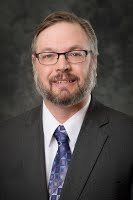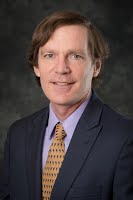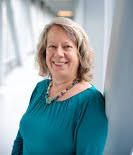
Leo C. Ureel II
Leo C. Ureel II is a Lecturer of Computer Science at Michigan Technological University. His research interests include Computer Science Education, Software Engineering, and intelligent Learning Environments. He teaches students how to solve problems using programming languages. He can often be found coding in Java, Groovy, Javascript, Processing, Scratch, or Racket.
In his career as a software developer, Leo has worked on industrial, scientific, educational, and entertainment software. He has taught graphic design, mathematics, and computers at the high school level. He is currently involved in teaching kids in grades 6-12 to program through Copper Country Programmers and helping older adults develop computer literacy through Online@Library.
When not behind a computer, he enjoys bee keeping, camping, canoeing, hiking, and exploring nature in Michigan's Upper Peninsula.



